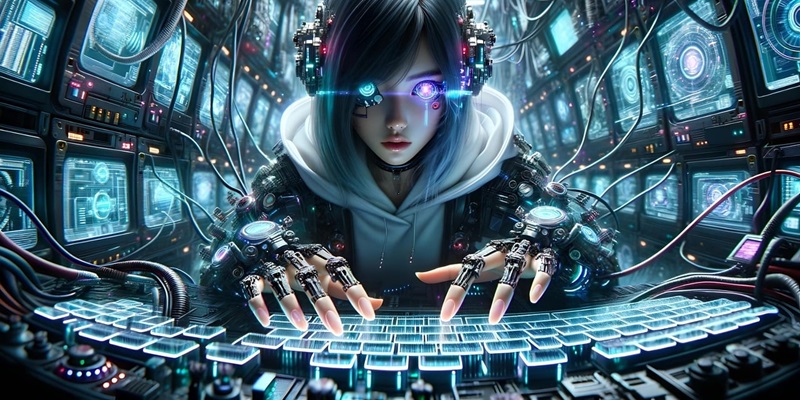One of the most transformative forces in the evolution of education is artificial intelligence (AI). Traditional educational approaches are making way for tech-driven learning models that leverage AI’s capabilities to personalize and enhance the educational journey.
Traditional vs. Tech-driven learning models
As the world becomes increasingly digitized, traditional models of education are being challenged by tech-driven learning models that harness the power of AI. These models have the ability to tailor educational content, pacing, and assessments to meet the unique needs of each student, thanks to sophisticated algorithms that analyze individual learning patterns, strengths, and weaknesses.
Utilizing sophisticated algorithms, AI systems in education delve into vast amounts of data. They analyze individual learning patterns, strengths, and weaknesses of students. This analysis enables them to gain valuable insights into the learning style, preferences, and knowledge gaps of each student.
Tailoring educational content, pacing, and assessments
With the data acquired through AI analysis, educational content, pacing, and assessments can be customized to address the specific needs of individual students. This personalization allows for a more engaging and effective learning experience, as students can progress at their own pace and focus on areas where they require additional support.
Empowering teachers, not replacing them
Contrary to popular belief, the introduction of AI in education is not about replacing teachers but rather empowering them. AI-powered tools provide valuable insights into student performance, enabling teachers to make data-driven decisions. This enables teachers to better understand the progress and challenges of their students, allowing for targeted interventions and personalized support.
The synergy between AI and EdTech
The synergy between AI and educational technology (EdTech) is at the forefront of the tech-driven learning revolution. EdTech platforms, powered by AI, offer a wide range of educational resources and tools that dynamically adapt to the individual needs of students. This integration enhances the learning process by providing personalized feedback, generating quizzes, and offering interactive simulations.
Adaptive learning platforms powered by AI continuously assess student progress and adjust the learning materials accordingly. By analyzing student performance in real-time, AI algorithms identify areas where students are struggling and provide targeted resources to address these challenges. This adaptive learning approach ensures that students receive the necessary support and resources exactly when they need them, maximizing their learning potential.
Breaking down barriers to learning
One of the remarkable aspects of AI in education is its potential to break down barriers to learning. AI-powered tools have the ability to provide personalized instruction to students with different learning abilities and preferences. They can adapt to individual student needs, offering alternative explanations or visual aids to ensure that every student can grasp the concepts being taught. This inclusivity enables access to education for all, regardless of their background or learning style.
Safeguarding student data and ensuring fairness
As AI becomes deeply integrated into educational systems, it is crucial to establish robust frameworks to safeguard student data and ensure that AI algorithms are designed and implemented with fairness and transparency in mind. Educational institutions and policymakers have a responsibility to protect student privacy, securely store data, and ensure that AI applications in education are free from bias.
Artificial Intelligence is transforming the field of education by personalizing and enhancing the learning experience. By leveraging sophisticated algorithms, AI systems analyze individual learning patterns and tailor educational content, pacing, and assessments. Instead of replacing teachers, AI empowers them by providing valuable insights and data-driven decision-making tools. The synergy between AI and EdTech is at the forefront of the tech-driven learning revolution, with adaptive learning platforms continuously assessing student progress and breaking down barriers to learning. However, it is crucial to establish robust frameworks to safeguard student data and ensure fairness and transparency in the design and implementation of AI algorithms in education. If harnessed effectively and ethically, AI has the potential to revolutionize education and enable a more inclusive and personalized approach to learning.

